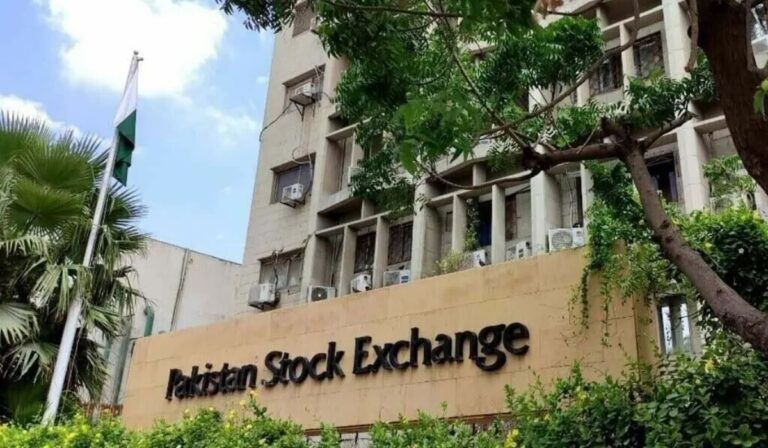Ibn-e-Ameer
Cabinet has allowed Economic Affairs Division (EAD) to sign agreements for rescheduling an $821 million loan with Saudi Arabia.
This amount also includes $41.43 million interest on these two loans.
Pakistan will sign two agreements for rescheduling loans-$878 million and $780.37 million.
The government had negotiated and finalized two agreements with Saudi Arabia for DSSI-I and DSSI-II for rescheduling.
Keeping in view the situation, the economic affairs division had sought approval of the cabinet to sign debt rescheduling agreements with Saudi Arabia.
The Secretary of Economic Affairs Division (EAD), being the authorized person, would sign these agreements on behalf of the Government of Pakistan.
Rescheduling Debt Agreements: Govt Creates $4b fiscal space
EAD has not circulated a summary to stakeholders since the debt rescheduling agreements were negotiated by the debt negotiation team.
Finance Division clears Debt Rescheduling Agreements
The finance division had duly cleared individual agreements.
Law and Justice Division had also vetted it.
The Cabinet considered the summary titled ‘G-20 Debt Service Suspension Initiative (Extension)’ approved the proposal to sign agreements with Saudi Arabia.
In addition, negotiations for finalization of debt rescheduling agreements with Italy, Japan, Russia, United Arab Emirates, the United Kingdom, and the United States of America were ongoing OSSI-II yielded debt relief of US$. 1,130 million.
The government has negotiated and finalized 19 debt rescheduling agreements with 5 creditor countries so far.
Meanwhile, they are in process of signing now, the official said.
Negotiations for the finalization of debt rescheduling agreements under DSSI-III with the remaining bilateral creditors were currently underway. Debt relief under the G-20 DSSI (Final Extension) i.e., July – December 2021 was around US$ $52 million.
Moreover, the Finance Division apprised the Cabinet that the Government of Pakistan raised funds through various external sources including via issuance of Eurobonds and International Sukuk in the International Capital Market.
The purpose was to support budgetary and balance of payments position. These international issuances had great significance for Pakistan as this allowed access to foreign resources for building the country’s reserves, thereby paving way for exchange rate stability.
Traditionally, International Capital Market transactions were carried out on a standalone basis.





